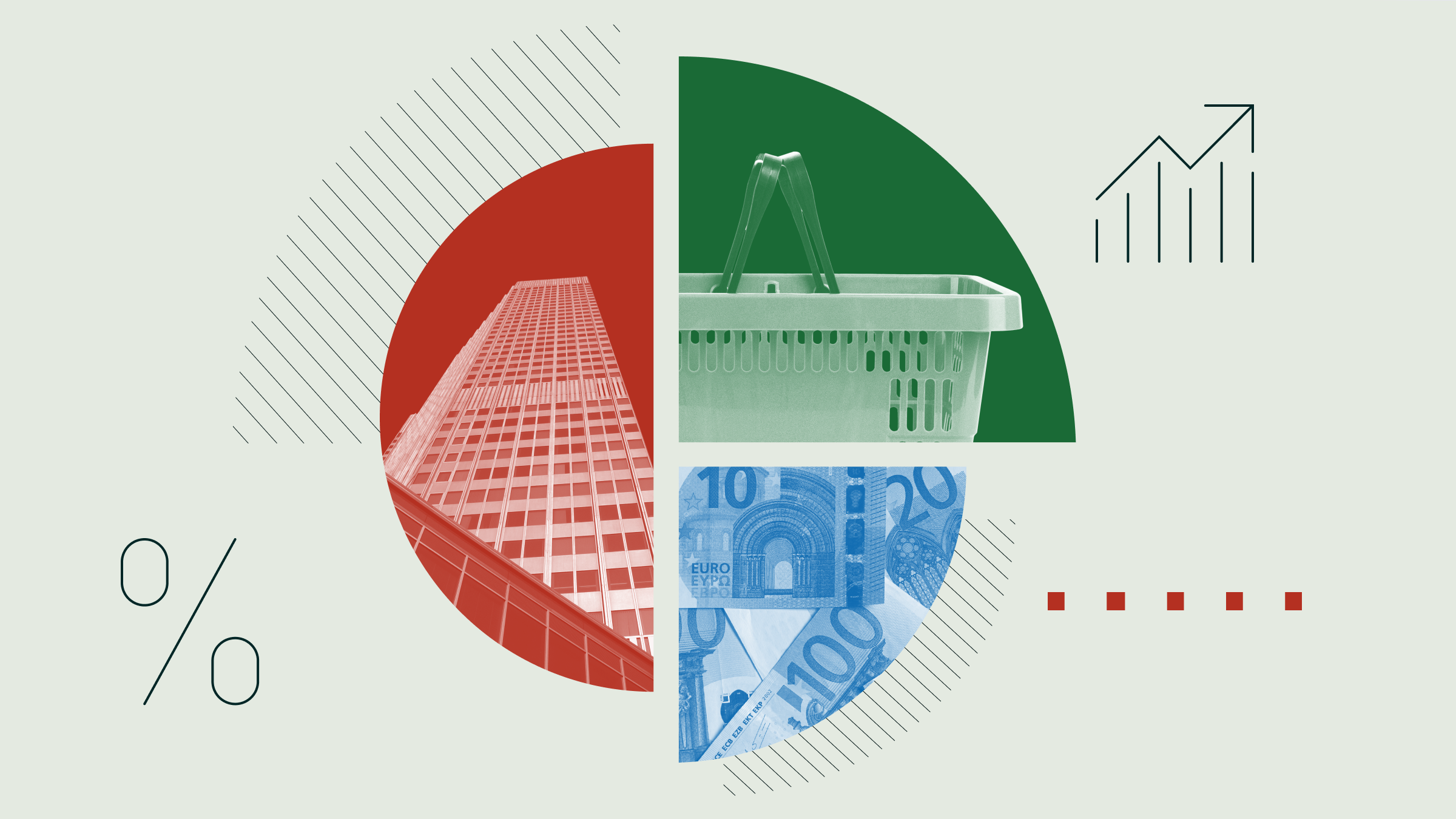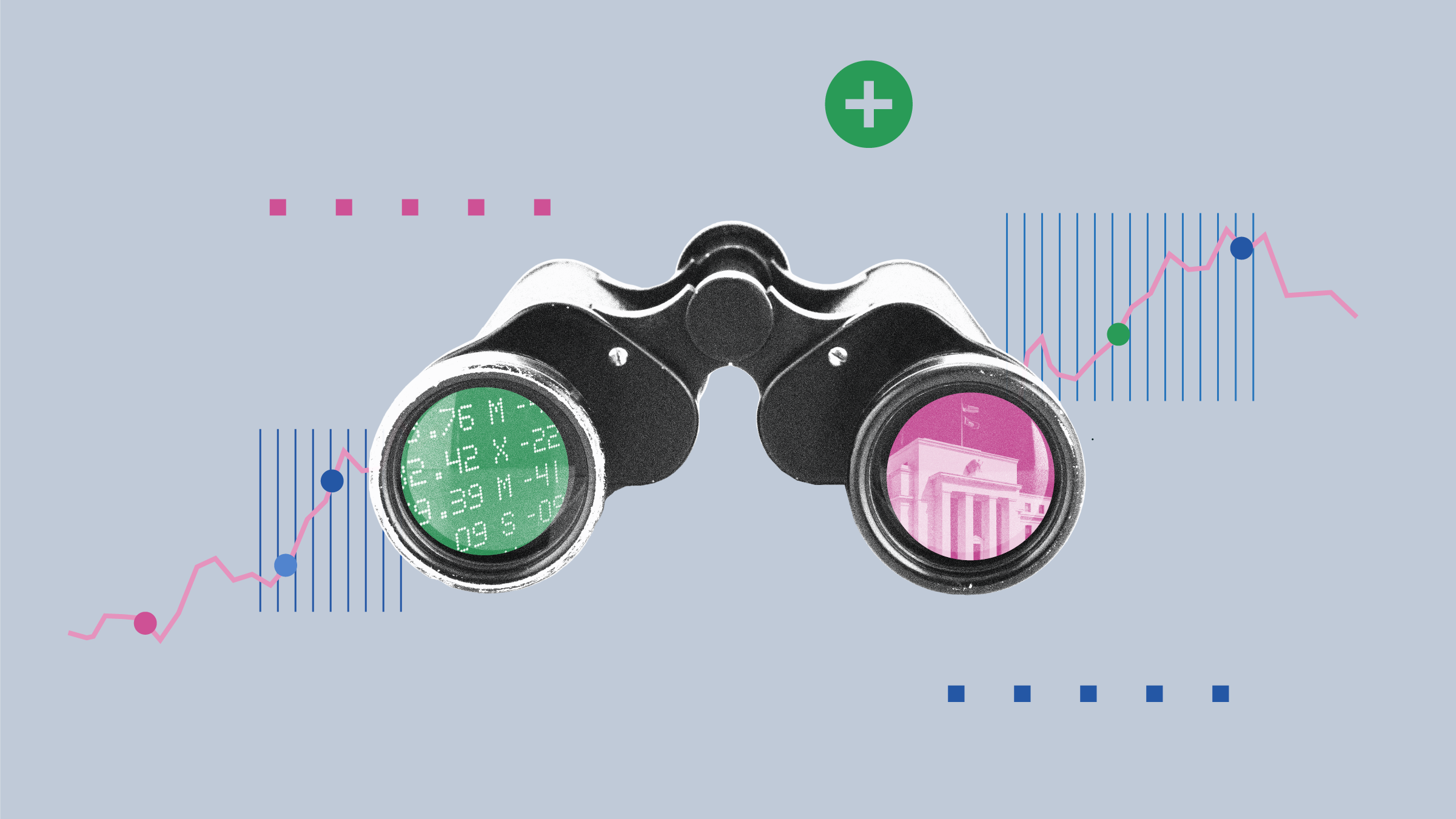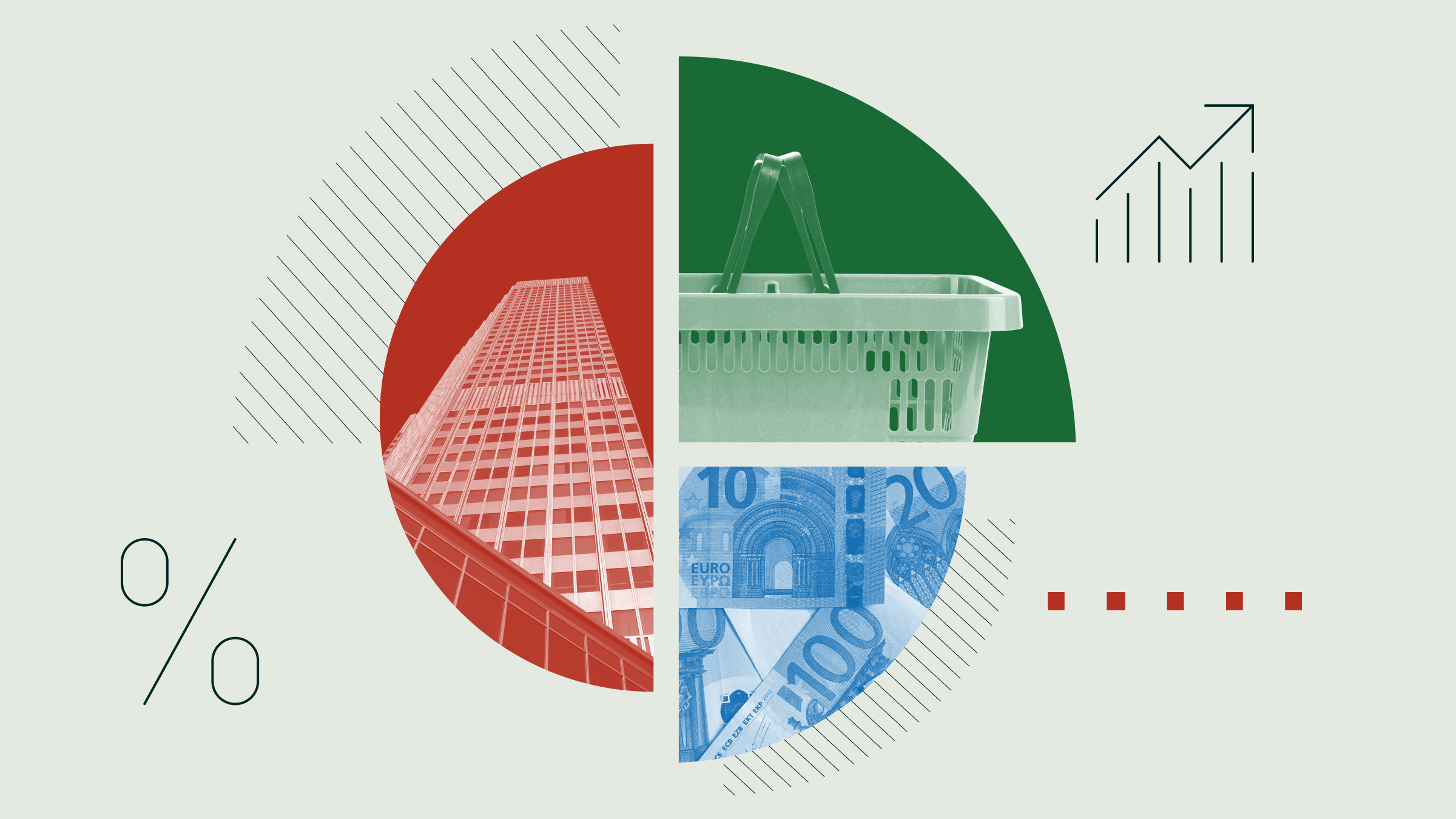Ollie Smith: In a special three-part video series on the future of ESG and MiFID II, I want to ask Morningstar's resident experts exactly what's coming down the line, when and how it's going to be implemented. Joining me in the studio today is Andy Pettit, Morningstar's Director of Policy Research and Anastasia Georgiou, our Director of Client Solutions.
Andy, you first. What's happening next? What's changing and who does it apply to?
Andy Pettit: So, this is a small part of the European Union's Sustainable Finance Action Plan, and it is focused on ensuring that clients get good advice about suitable products that meet their circumstances and their needs, while at the same time trying to encourage more investment towards sustainable products.
OS: Sure. And on suitability specifically, heard a lot of talk about capacity for loss in the last three years. What changes with this latest ESG iteration?
AP: So, this is very much a supplement rather than a change. So, the existing process of understanding your clients' capacity for loss, their risk tolerance and things like that remains unchanged. What this does is to add a second part to that process, which is, have a conversation and engaging with your clients about their sustainability preferences. And that's very specifically defined within the new rules. One of three elements – so, either something that has an environmental alignment with the European taxonomy or an environmental and/or social characteristic as defined by the Sustainable Finance Disclosure Regulation, or one or a number of principal adverse impacts – so, they are measures that are looking at various elements of ESG from things like maybe carbon emissions through to board diversity.
OS: Sure. Just coming on to Ana, I mean, what duties specifically will financial advisers have to fulfill here? What are the practical implications?
Anastasia Georgiou: Yeah. So, advisers are really going to have to help educate investors on the concept of sustainable investing and that's really not that easy given sustainable investing is so multifaceted. And then, particularly, it is going to be their job to explain to the advisers the EU's definition of sustainable preferences. So, they're going to have to take these technical terms that Andy just went through, taxonomy, SFDR flags, principal adverse impacts, and make sure that their clients understand what those are so that they could actually make decisions on which are applicable to them.
OS: For more on ESG and MiFID II, do check out our websites and indeed our software Morningstar Direct. Until next time, my greatest of thanks to Ana and Andy. I've been Ollie Smith for Morningstar.







:quality(80)/cloudfront-us-east-1.images.arcpublishing.com/morningstar/6BCTH5O2DVGYHBA4UDPCFNXA7M.png)












